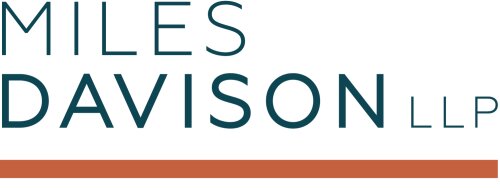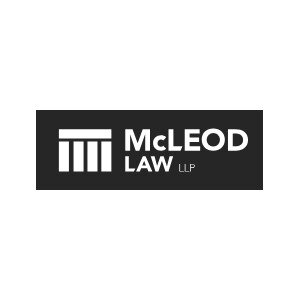Best Creditor Lawyers in Calgary
Share your needs with us, get contacted by law firms.
Free. Takes 2 min.
List of the best lawyers in Calgary, Canada
About Creditor Law in Calgary, Canada
Creditor law in Calgary, Canada involves matters related to the relationship between creditors and debtors concerning financial transactions. It spans areas such as debt collection, foreclosure, bankruptcy, and insolvency. This field of law serves both to protect the rights of creditors to collect legitimate debts, and safeguard the rights of debtors from unfair or predatory practices.
Why You May Need a Lawyer
Individuals often require legal assistance in creditor law for a variety of reasons, including challenges with debt repayment, disputes over collections, or issues related to bankruptcy. A lawyer can provide necessary guidance on handling debts, negotiating with creditors, or choosing the best options regarding bankruptcy. Businesses might also need legal support, for instance, when trying to recover outstanding debts, addressing insolvency issues, or defending against wrongful debt claims.
Local Laws Overview
The key aspects of local laws relevant to creditor law in Calgary include the Fair Trading Act, which regulates the actions of collection agencies and their collectors; the Limitations Act, which sets the time limit for creditors to take legal action to collect debts; and the Bankruptcy and Insolvency Act, which regulates matters related to bankruptcy. Furthermore, the Personal Property Security Act governs secured transactions, and the Civil Enforcement Act handles the seizure of assets in the event of non-payment of a debt.
Frequently Asked Questions
1. What is the process of debt collection in Calgary?
The debt collection process in Calgary is regulated by the Fair Trading Act which permits collection agencies to contact debtors to seek payment. However, certain restrictions apply to the timing and methods of their contact.
2. What can I do if I'm facing bankruptcy?
if you're facing bankruptcy, it's important to seek legal guidance. A lawyer can help you understand the legal and financial implications, identify alternatives, and guide you through the bankruptcy process, if necessary.
3. How can I defend myself against unfair debt claims?
To defend against unfair debt claims, you may need a lawyer to help challenge the validity of the claim, negotiate settlements, or represent you in court, if required.
4. What is the time limit for managing debt claims in Calgary?
Under the Limitations Act, the standard time limit for creditors to legally pursue debt repayment is 2 years, starting from the date the debt was acknowledged in writing.
5. How does a secured transaction work?
Secured transactions are governed by the Personal Property Security Act. In a secured transaction, the debtor provides an asset as collateral, creating a security interest for the creditor. Should the debtor default, the creditor has the right to seize the collateral to recover their debt.
Additional Resources
The Alberta Courts, Service Alberta, and the Office of the Superintendent of Bankruptcy Canada provide valuable resources related to creditor law. These outlets provide information covering the legislation, procedures, and updates related to debt management, collection, and insolvency.
Next Steps
If you need legal assistance in the area of creditor law, it's important to find a reputable law firm or lawyer focusing on this field. Preparing comprehensive records of your financial transactions and debt situation before the initial consultation will make the process smoother. Consider pursuing a free consultation, if available, to assess whether the lawyer can fully meet your needs.
Lawzana helps you find the best lawyers and law firms in Calgary through a curated and pre-screened list of qualified legal professionals. Our platform offers rankings and detailed profiles of attorneys and law firms, allowing you to compare based on practice areas, including Creditor, experience, and client feedback.
Each profile includes a description of the firm's areas of practice, client reviews, team members and partners, year of establishment, spoken languages, office locations, contact information, social media presence, and any published articles or resources. Most firms on our platform speak English and are experienced in both local and international legal matters.
Get a quote from top-rated law firms in Calgary, Canada — quickly, securely, and without unnecessary hassle.
Disclaimer:
The information provided on this page is for general informational purposes only and does not constitute legal advice. While we strive to ensure the accuracy and relevance of the content, legal information may change over time, and interpretations of the law can vary. You should always consult with a qualified legal professional for advice specific to your situation.
We disclaim all liability for actions taken or not taken based on the content of this page. If you believe any information is incorrect or outdated, please contact us, and we will review and update it where appropriate.










